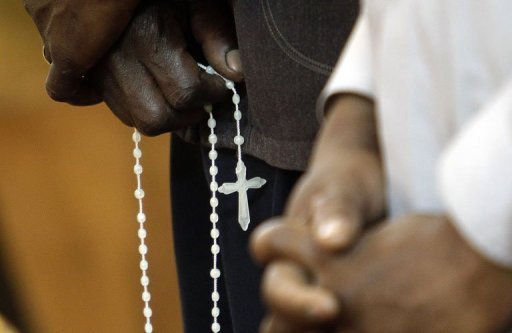The Ministry of Religious Endowments said on Saturday that the presence of religious NGOs with a political agenda is considered a threat to the stability of the country.
In a statement the ministry said that the country is currently suffering from “the exploitation of religion for the purposes of political and electoral interests.”
There are cases where political parties utilise religious institutions to apply their objectives, which might pose a severe threat to national unity, said the statement. “Having different religious institutions with different agendas might lead to confrontations.”
The ministry asserted that Al-Azhar is the only religious institution which is constitutionally responsible for Islamic affairs in the country, including Friday sermons, religious lessons in mosques, and “advocating a moderate Islamic rhetoric.”
The ministry also advised that NGOs should focus on social, development and humanitarian fields.
NGOs with religious affiliations have recently become subject to a state crackdown over allegations of being “Brotherhood organisations”.
In September of last year, Egypt’s authorities designated the Muslim Brotherhood as a terrorist organisation and froze its assets, including those of affiliated NGOs.
The ministry has also set regulations restricting the traditional Friday sermon to major mosques under the supervision of the Grand Imam of Al-Azhar Ahmed Al-Tayeb, to follow a common theme.
Last April, Sheikh Mohamed Abdel Razek, undersecretary to the Minister of Endowments for Mosque Affairs, said that any imam involved in a political group will be banned from preaching.
Last month a study titled “To Whom do Minbars Belong Today?” was released by the Egyptian Initiative for Personal Rights (EIPR) raising questions and concerns regarding the state’s attempts to monopolise religious discourse through the management of mosques and controlling the content of Friday sermons.
The study argues that, after the mass protests that ousted Islamist president Mohamed Morsi, the state has been attempting to gain control over mosques and religious institutions through claiming “the religious unity of Muslims”.
The study also mentions that, amid the current regime’s attempt to impose its legitimacy, a number of religious leaders have been preaching “total support for the police and the army”. The study claims that a campaign has been launched to ensure that all proselytising and Friday sermons should support the current regime, and to censor all dissenting preachers.

